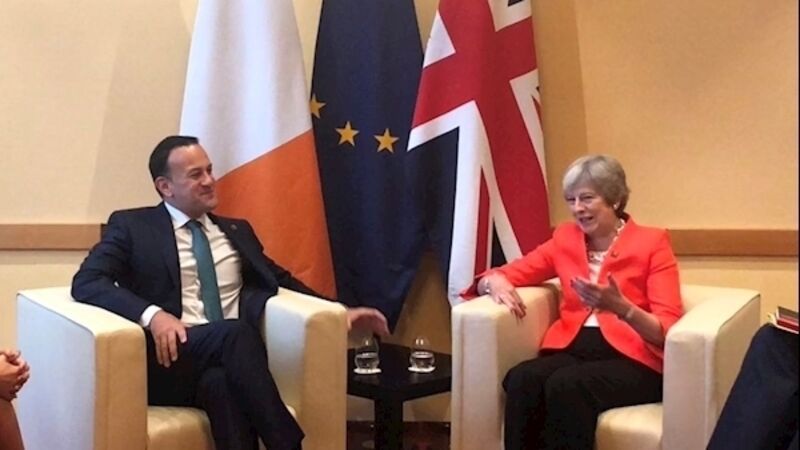From hope to farce in the Austrian hills

The European Union’s Salzburg summit was, we were led to believe by both sides in the Brexit negotiation, going to be the breakthrough moment. The Austrian hills would be alive with the sound of compromise and goodwill.
There would be a coming together on agreed, if more than somewhat fudged, terms for the divorce and a move towards constructive talks on EU-UK trade relations after the UK’s exit from the club. Mr Tusk would be happy and Ms May would be relieved and fit for a few rounds with her party’s Brexit fundamentalists. Ms Merkel could go back to worrying about her fragile hold on power and the outbreak of right-wing violence in Germany, leaving Mr Macron free to resume his master’s on re-making the European project. Mr Juncker could pass around the celebratory brandy.
















